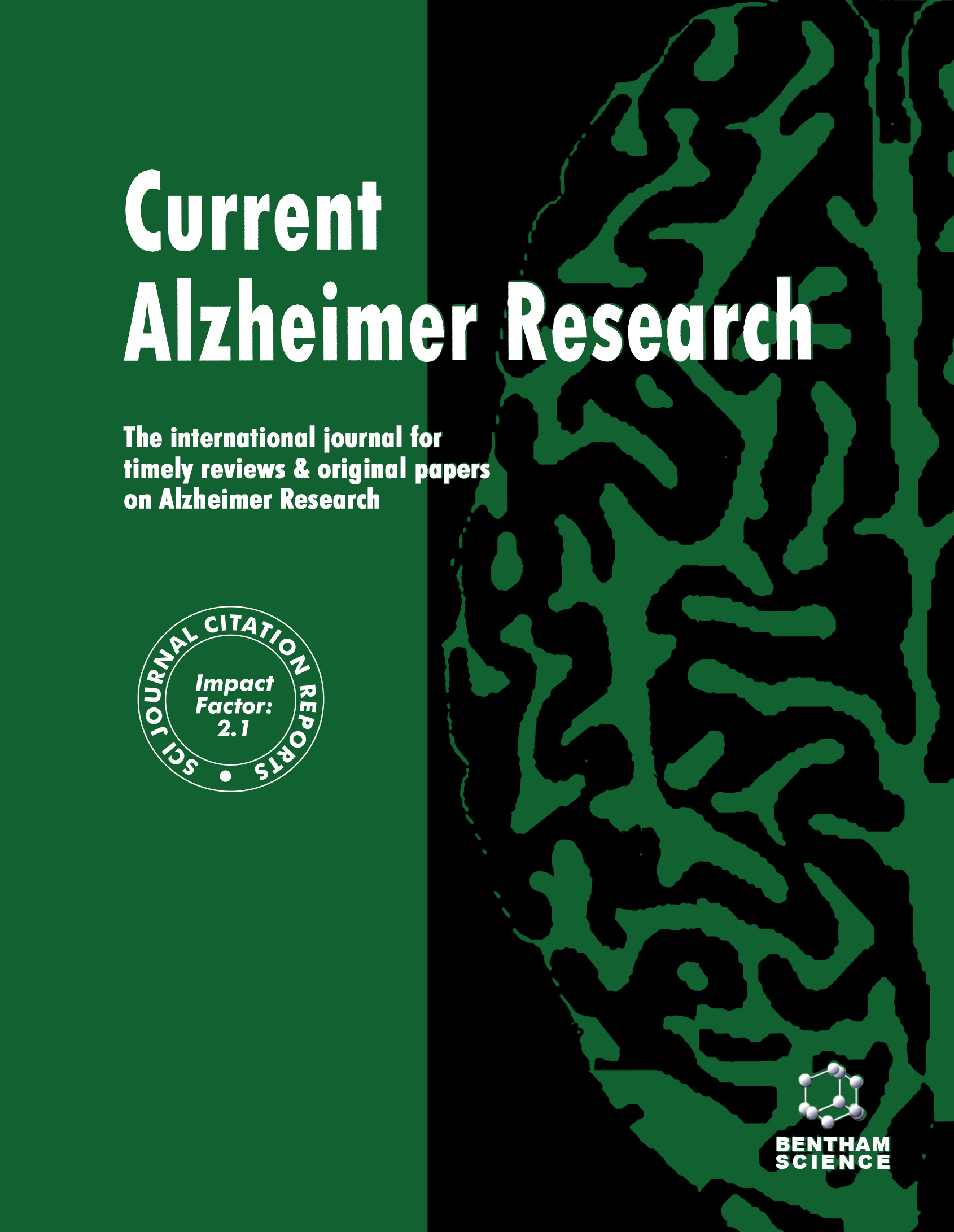-
f Exploring the Role of Nutrition in Supporting Brain Health and Reducing the Risk of Alzheimer’s Disease
- Source: Current Alzheimer Research, Volume 22, Issue 4, Apr 2025, p. 251 - 254
-
- 05 Mar 2025
- 16 Apr 2025
- 08 May 2025
Abstract
Alzheimer’s disease (AD) has been ranked as the most common cause of dementia worldwide, which makes it a major cause of public health concern. The development of AD has been linked to a combination of factors, among which lifestyle-related factors can be targeted to minimize the risk of AD. A balanced diet acts as a source of all essential nutrients that can facilitate the functioning of the brain, promote cognitive longevity, safeguard against neurodegeneration, and, accordingly, reduce the risk of AD. Despite the availability of conclusive evidence highlighting the role of nutrition in the prevention of AD, a range of concerns have been identified that limit dietary adherence and public health efforts. This calls for the need to adopt a multipronged approach, including interventions targeting policy-level changes, the education sector, improvement in the food systems, and behavioural modifications to encourage long-term adherence to diets that are healthy for the brain. In conclusion, diet plays a crucial role in Alzheimer’s disease, and there arises the need to incorporate food items that are healthy for the brain to maintain cognitive health and reduce the overall risk. The available data suggests that food items rich in antioxidants, omega-3 fatty acids, and B vitamins are associated with a lower risk of developing Alzheimer’s disease.


